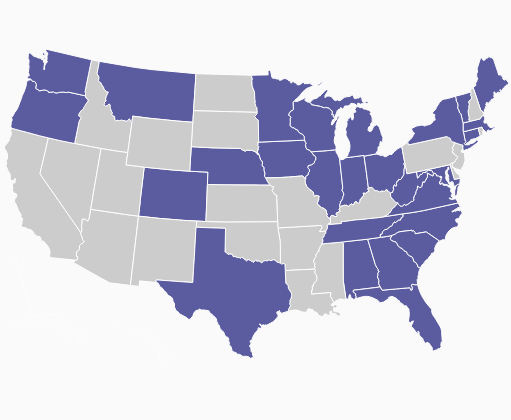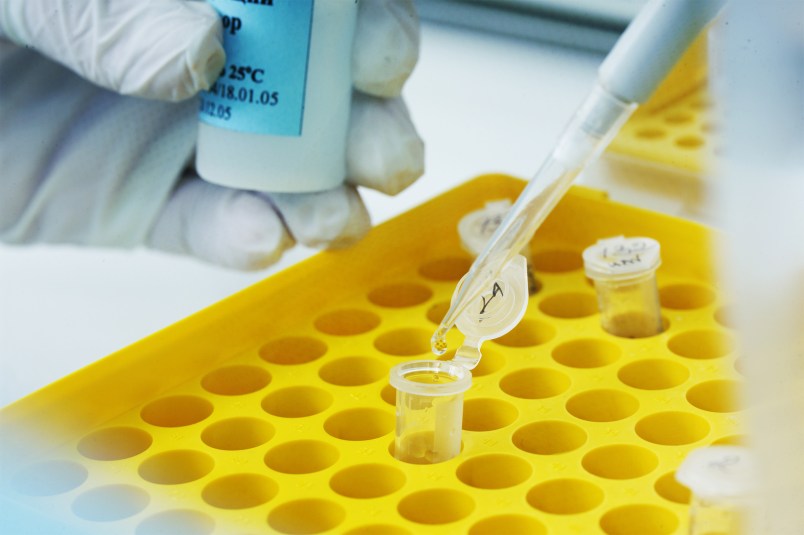Standing in front of a crowded room at the University of Alabama School of Medicine, Governor Robert Bentley said, “I have transitioned from a physician to a job producer.” Bentley, a two-time president of the Alabama Dermatology Society, selectee of “Best Doctors in America,” owner of one of the largest dermatology practices in the Southeastern U.S., and first term governor, wasn’t just talking about his own career choices, but highlighting the powerful economic and health impact biotechnology research is bringing to the state of Alabama. “I truly believe that we are on the verge in this state of really doing some great things,” the Governor said.
In Alabama and all across the country, teams of scientists, researchers, and physicians from academia and private industry are developing new treatments to tackle the nation’s most debilitating chronic diseases. Their efforts have led to the creation of cutting-edge medicines to treat diseases like Alzheimer’s, heart disease, mental illness, and cancer. However, with millions still suffering from chronic and deadly diseases, the need for new and innovative methods of treatment may be more acute than ever.
According to the American Cancer Society, in Alabama more than 27,000 new cancer cases will be diagnosed this year. Vermont will see 4,200 cancer cases and South Carolina 28,000. In just these three states, more than 20,000 people will die from the disease in 2014. Great work is being done around the country to increase the number of local clinical trials, which will benefit citizens around the country. Learn more about these states and dozens of others on the Research in Your Backyard site.
*Top Chronic Diseases: Asthma, Cancer, Diabetes, Heart Disease, Mental Illness, Stroke
To fight back against chronic diseases like cancer, scientists in these states and others are convening clinical trials of the latest biopharmaceuticals with support from private industry. In Alabama, trials are underway for a therapeutic vaccine for lung cancer and melanoma. In Vermont and South Carolina, they’re testing a monoclonal antibody that targets different types of cancer.
Today’s trials represent new collaborations between biopharmaceutical companies and academic institutions and are designed to quicken the pace, and sharpen the focus, of drug development. Once the trials are completed, U.S. Food and Drug Administration investigators will review the findings, examine other government, academic and private sector research, and render a verdict on the safety and efficacy of the treatment against the disease.
These clinical trials are not only contributing to the development of better medicines, they are providing patients with access to new treatment options and creating high-tech, high-salary jobs that contribute positively to the economy. In the United States, the biotechnology industry employs more than 1.6 million people. In Alabama, the industry together with prominent research institutions supports 17,000 jobs. In Vermont and South Carolina, 15,000 and 18,000 jobs are supported, respectively.
Watch the video below to find out how biopharmaceutical research is impacting people in Alabama and across the country. Then, explore the interactive map to learn what exciting clinical trials are happening in your backyard.
Video courtesy of PhRMA
Map is based on available reports. As additional information is made available, it can be found here.






